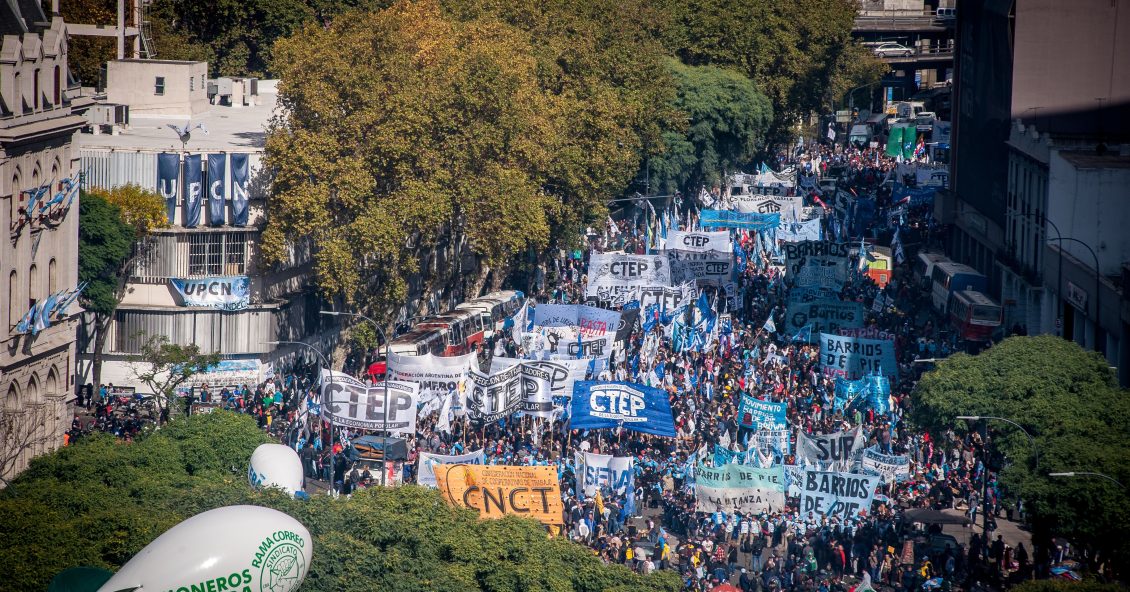Argentina witnessed last week a general strike in response to recently elected President Javier Milei’s initiatives to cut back the state, subsidies and liberalize the economy. We spoke to Fernando Esteche, professor at the University of La Plata in Buenos Aires, about the participation in the strike and its immediate political results.
How was the participation in the general strike?
The participation was pretty well. Comercial activities were reduced to their half, nationwide. Industry and the productive sector stopped entirely. Transportation kept on functioning, but that happened due to the trade union’s decision to enable participation in the protests.
The protest marches occurred throughout the country in almost every city, with the biggest gathering happening of course in the capital city of Buenos Aires. Here, some 300 thousand people came together. Government has counted 140 thousand, though. They took over the entire city center.
The main trade union CGT had called to the protests, supported by social movements and political parties. It was a success to organize a general strike just 45 days Milei took over office.
The government tried to suppress the protests. How did that go?
That’s true. Specifically, the minister for security, Patricia Bullrich had introduced a so-called security protocol against the protest marches. It prohibited walking on the streets, demanded specific legal authorization and threatened the people with fines.
But that protocol went up in smoke. The police were not able to enforce it, to stop the human wave coming over them. The people won over the streets, including Buenos Aires’ main avenue and all the streets leading up to the congress.
What are the immediate political results of the strike?
The government has a legislative minority, but it proceeds to construct a majority using all kind of blackmailing and pressure, for instance against the deputies of the Tucuman province, which belong in their majority to the main oppositional Union por la Patria party. These ended up voting in favor of the government’s project. The government continues its policy.
But the main conclusion from the strike is that the Argentine people have demonstrated the will and – more importantly, the capacity to resist. The displayed capacity leads leaders of the popular movement to establish creative forms of struggle against the government. This establishes a different narrative, a narrative that changes are possible. And here, the Argentine people have shown it has a voice and a saying.
What will be the final destiny of the law called Omnibus?
The government’s defeat in terms of the Omnibus law, which is their most basic law, will have to do with the debility of the political system. The system is absolutely estranged from the people, from their daily lives and conditions. The deputies have no idea of how the citizens are living, what they are needing and what they are thinking.
It is therefore probable that the IMF, which is the true commander of the national economic policy, will take note of the strike and the protests. They will take note of the social impact the law creates. For quite a time, they have been discussing with the government the social impact and the worries connected to it.
I think that the strike and the demonstration has made quite a display. The IMF will read that message much more clearly than the government itself.

















Leave a Reply